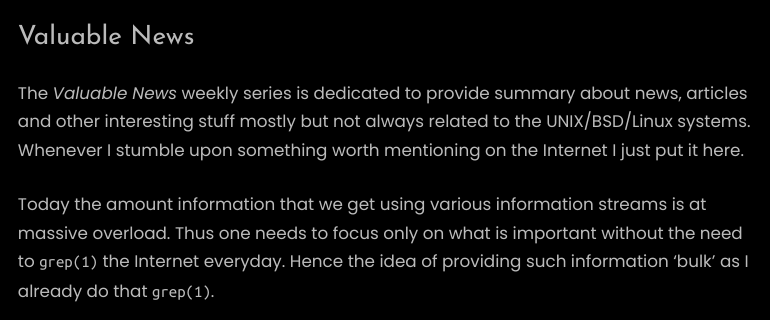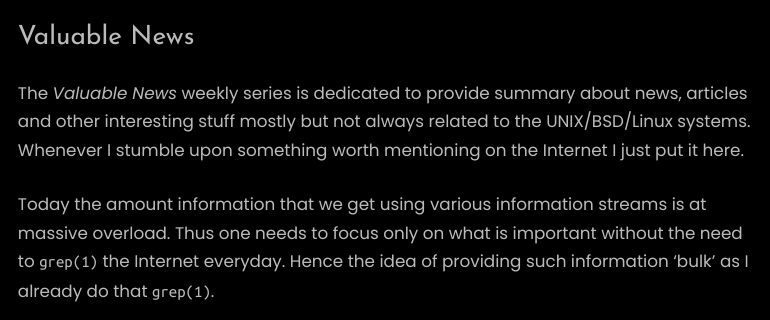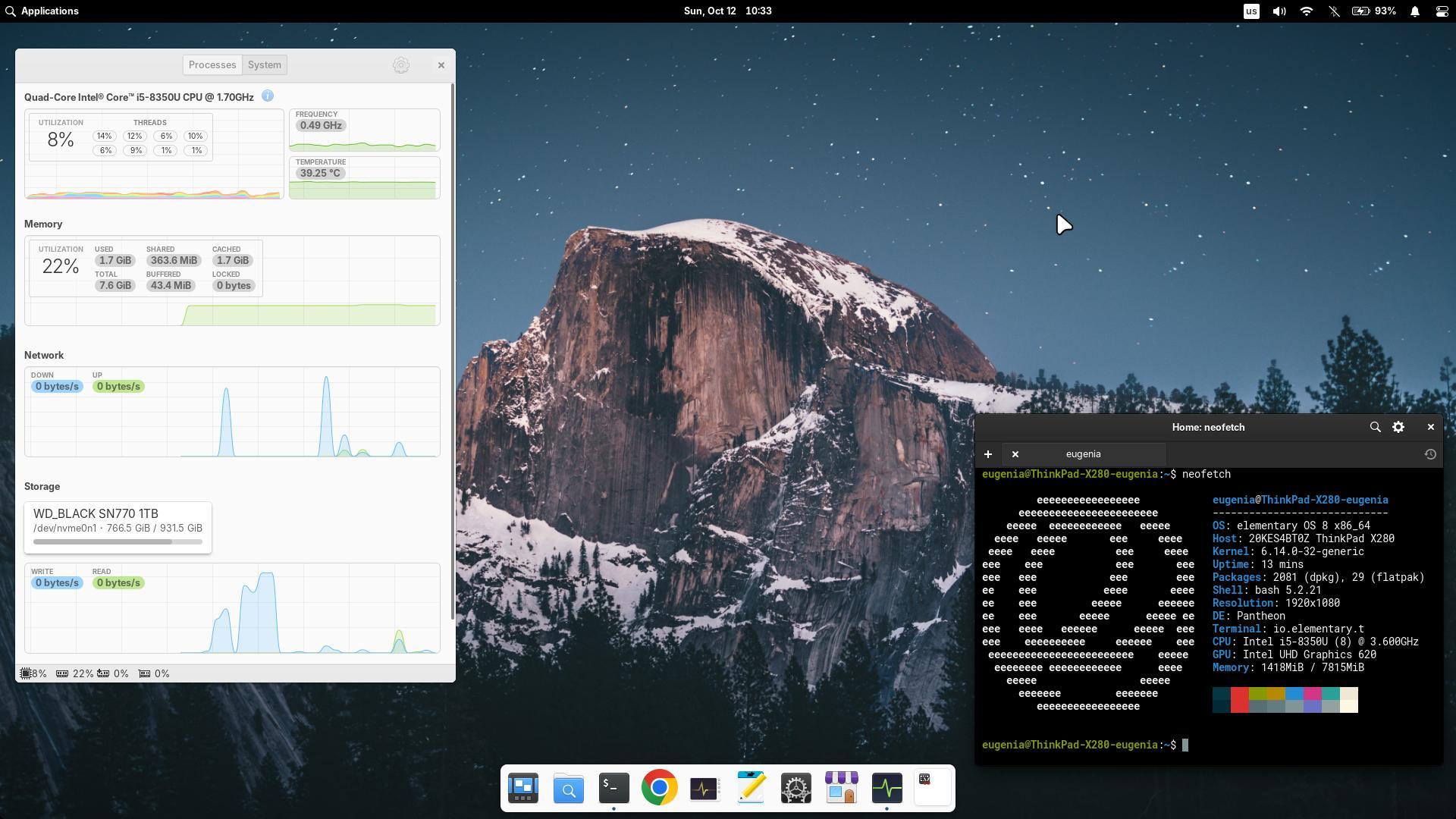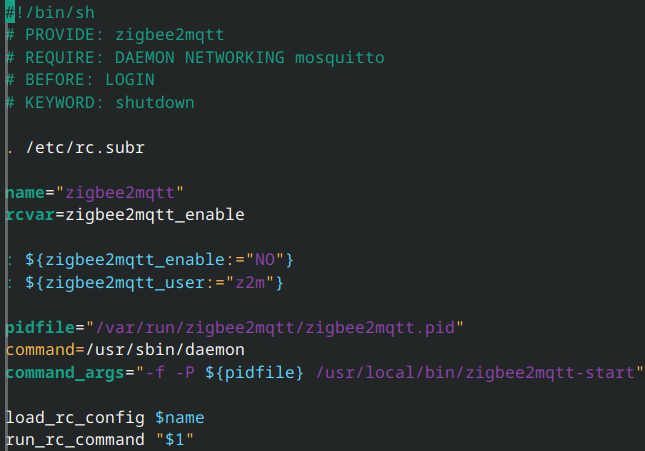Search results for tag #Linux
The Free Software Foundation (FSF) today announced "Librephone," a new project aimed at achieving complete mobile phone freedom for users from Google and Apple. The initiative will work to reverse engineer obstacles until its goal of a fully free mobile phone environment is realized. Can they be successful where industry leaders like Ubuntu failed previously?
Morning tests...
The story behind: a client is considering moving all the new mini PCs in their office to Linux (no BSD is compatible at the moment), since they mainly use web apps and LibreOffice. This client once told me they loved Transport Tycoon, back in the days, so I’m preparing an openSUSE Leap image. I’m sure they’ll be fascinated by this screenshot and the demo installation.
In Europa erhalten herkömmliche Endverbraucher*innen für ein weiteres Jahr Sicherheitsupdates für ihre #Windows10-Installationen. Allerdings nur, sofern sie sich ein #Microsoft-Konto erstellen und mit ihrem Betriebssystem verknüpfen, womit Daten an Microsoft fließen.
Wenn ihr das nicht möchtet, dann findet ihr weiterhin unter https://endof10.org/de/ Infos und Veranstaltungen in eurer Nähe, bei denen ihr Unterstützung für den Umstieg auf #Linux erhaltet.
pour la vague heureuse des nouveaux linuxiens : #linux
nvim > emacs
zsh > bash
typst > LaTeX
* merci @brunobord pour ce dernier
Short notice - but #Linux install party in #Barcelona today (& every Tuesday and Thursday in October) - https://luma.com/kwxe222g #catalunya #catalonia #software
GRENDEL: FRIGHTENING SPECIAL
prev: https://merveilles.town/@prahou/115371694753633066
#unix_surrealism #comic #grendel #technomage #cirno #glenda #plan9 #unix #linux #penguin #openbsd #freebsd #netbsd #dragonflybsd #9front
The other day, @janamarie posted about using DDCutil to manage a Dell Monitor with KVM using software. I tested it on mine and stole the idea for another note post. All is summed up here https://www.tumfatig.net/2025/software-control-a-dell-monitor-kvm-from-linux/ for using it on #Slackware #Linux. But it should work on any distro. Unfortunately, it seems the i2c-dev and ddcutil are not available on *BSD.
Ce matin avant de démarrer. Installation #NeuralAmpModeler en #LV2 sur mon #reaper dans #linux.
via https://github.com/mikeoliphant/neural-amp-modeler-lv2
et puis avec #tone3000 quelques essais fructueux.
Latest 𝗩𝗮𝗹𝘂𝗮𝗯𝗹𝗲 𝗡𝗲𝘄𝘀 - 𝟮𝟬𝟮𝟱/𝟭𝟬/𝟭𝟯 (Valuable News - 2025/10/13) available.
https://vermaden.wordpress.com/2025/10/13/valuable-news-2025-10-13/
Past releases: https://vermaden.wordpress.com/news/
#verblog #vernews #news #bsd #freebsd #openbsd #netbsd #linux #unix #zfs #opnsense #ghostbsd #solaris #vermadenday
Latest 𝗩𝗮𝗹𝘂𝗮𝗯𝗹𝗲 𝗡𝗲𝘄𝘀 - 𝟮𝟬𝟮𝟱/𝟭𝟬/𝟭𝟯 (Valuable News - 2025/10/13) available.
https://vermaden.wordpress.com/2025/10/13/valuable-news-2025-10-13/
Past releases: https://vermaden.wordpress.com/news/
#verblog #vernews #news #bsd #freebsd #openbsd #netbsd #linux #unix #zfs #opnsense #ghostbsd #solaris #vermadenday
@MLE_online I wasted quite a bit of time yesterday trying to put #Debian on my daughter's old laptop. It was a shitshow. #Lubuntu mostly works but how many people would persevere through three installations to find something that works enough to type a letter? #Linux
It took them a year to get a great version of Elementary OS 8, but version 8.1 now feels really good. Surely a few things can get better (e.g. the Dock showing open apps that don't have a .desktop file in place), but overall, it's good. If you're after a MacOS-like experience out of the box, this is the distro to try!

 boosted
boostedfzf is a general-purpose command-line fuzzy finder.
It’s an interactive filter program for any kind of list; files, command history, processes, hostnames, bookmarks, git commits, etc. With its novel “fuzzy” matching algorithm, you can quickly type in patterns with omitted characters and still get the results you want.
🧑💻 https://github.com/junegunn/fzf
#fzf #FuzzyFinder #Findfiles #terminal #cli #linux #filter #fuzzy #match #linux #opensource #type #git #commandline
My relay at https://fedi-relay.gyptazy.com has currently 139 instances connected, mostly tech related sharing the same mindset and interests like #Linux, #BSD, #Ansible, #Proxmox, #Coding, and many more! You can easily join from your instance when using #Pleroma, #snac (#snac2), #Mastodon and its forks 🙂
#fedi #fediworld #fedicommunity #community #FreeBSD #OpenBSD #NetBSD #homelab #Python #Debian #RockyLinux #Feditips
Has anyone managed to boot the mainline kernel (from kernel.org, not RPi vendor fork) on the Raspberry Pi4 with its native bootloader ?
Without an initrd → black screen.
With initrd + followkernel param → rainbow screen.
No serial output in either case.
I'm using the correct DTB.
Same mainline kernel boots when chainloaded via U-Boot (as we do for Slackware on the RPi4).
I haven’t seen any recent reports of anyone getting this working — has anyone?
So my plea to users is:
- Write detailed bug reports! (Blogpost about it https://akselmo.dev/posts/how-i-report-bugs/ )
- Try to be patient, avoid aiming frustration towards the devs (Unmotivated burnt out devs dont want to fix things)
- If you have any ways to help further, it is appreciated: it is a community effort
I think as Linux has gained popularity as desktop system, these problems are popping up more and many of them are just being discovered. So it's gonna take more time to resolve these, especially the edge cases.
It's totally fine to try again later. I did that too. But in my case it was using outdated distribution. Due to the openness we have a lot of these little gotchas too, which is annoying IMO. But having choices is good too.
It's totally fair to have problems with Linux systems. There is no perfect computer stuff. And the frustrations it bring are totally valid feelings. Just yesterday I had trouble streaming a game over Discord screensharing, sound didn't work when using browser, and the actual client just crashes. (Granted this is Discords fault!)
We can't solve everything immediately, a lot of us are volunteers with limited time and resources, and some problems are very edge-case.. But trust me, people try their best.
Still, I try to approach these problems people have with empathy and try my best to help, even if the frustrations are scary to read.
For users, I hope you can meet us devs in the middle: We are not a big evil corporation that doesn't listen. We're just bunch of passionate nerds.
For 10 years now, people from the Linux side tell me systemd is so much easier and "Unit-Files" are so much cleaner and better than init-scripts ...
Well, I still don't get it. A well implemented init-system like that of FreeBSD is:
- Clean
- Flexible
- Way more lightweight
- Works with just shell code
I have written a rc.d init-script for zigbee2mqtt today and honestly? It's not going to be shorter than that. Would chose that instead of systemd! ANY TIME! K.I.S.S.
10 years in and I still don't see a real advantage of monolithic-binary init-systems with static configuration files.
 🔰 🇦🇺
🔰 🇦🇺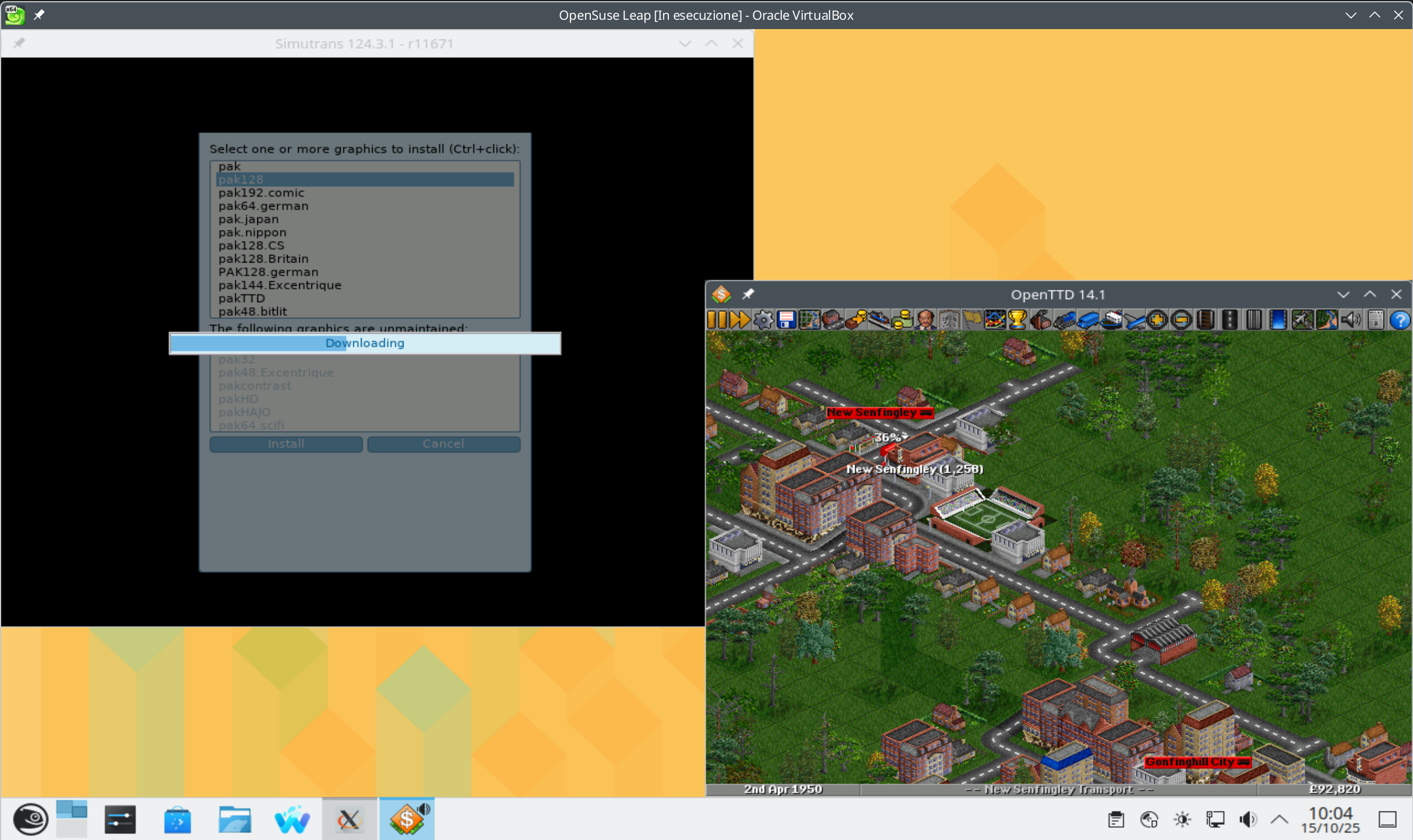
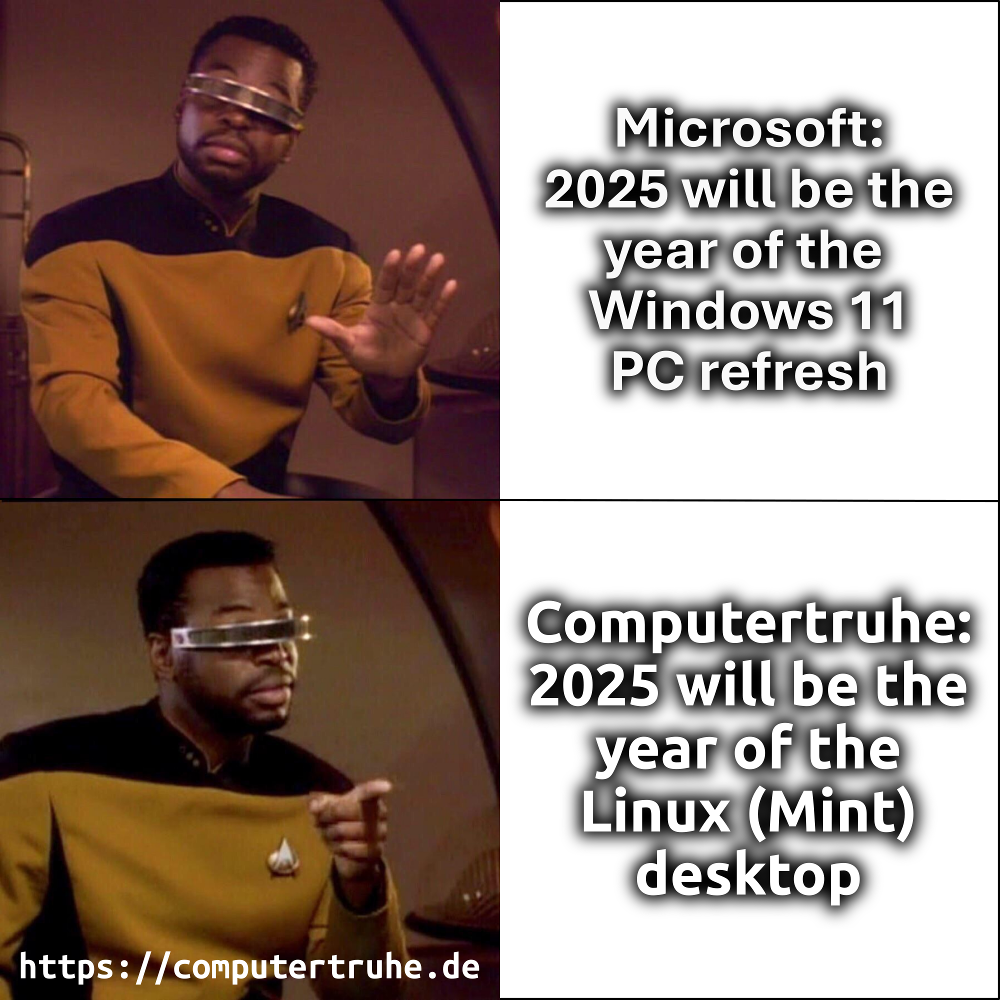



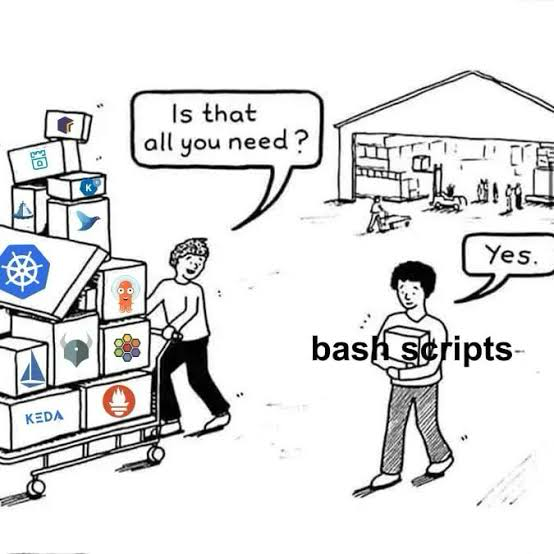
![[?]](https://gts.tumfatig.net/fileserver/01FJ093H6Y5VGN20G998J7KN1M/attachment/original/01JZTJV1P9RVJ502PCXKN68R1F.jpeg)
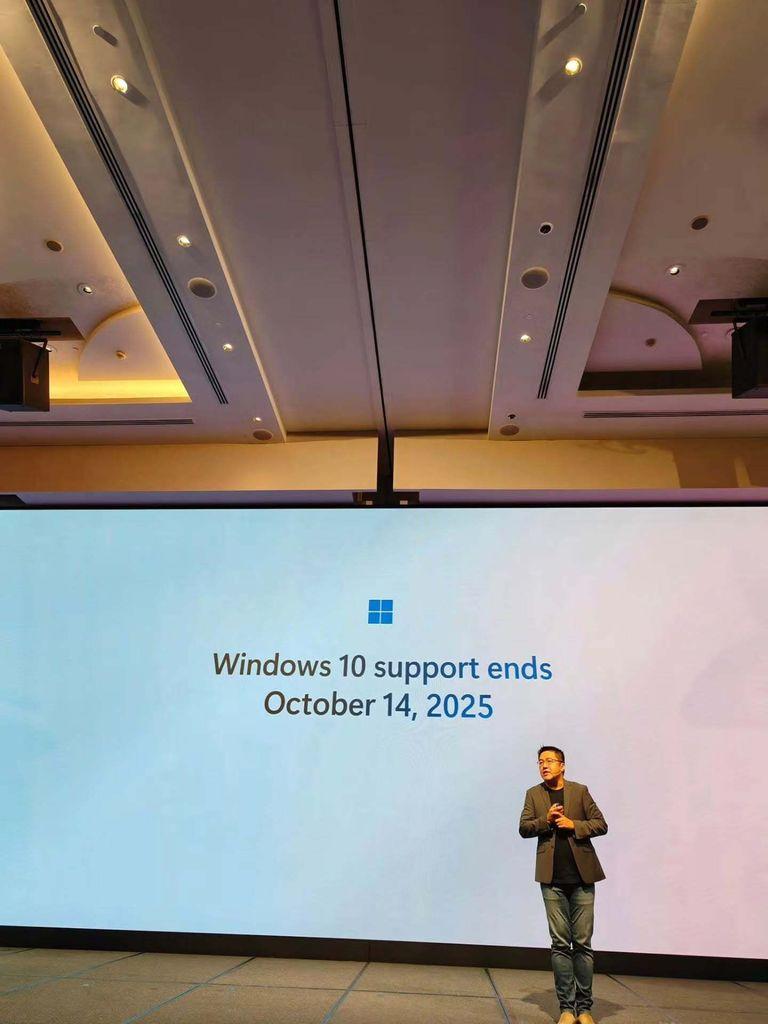
![[?]](https://notnull.space/fileserver/01N5JT16Z5DTWGFJFRCCK44SHQ/attachment/original/01NN5GF3XN6BJPYFSZ0YDSVV81.png)





